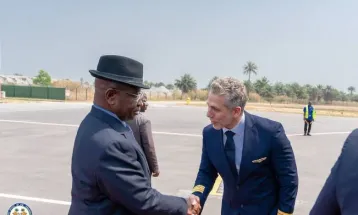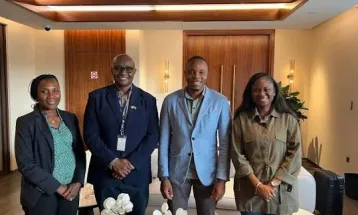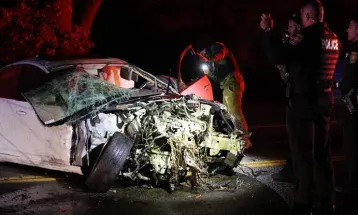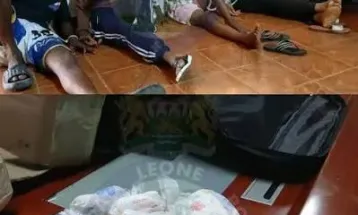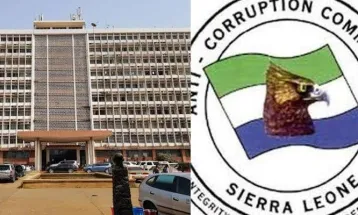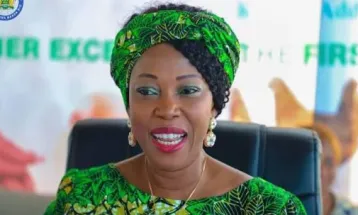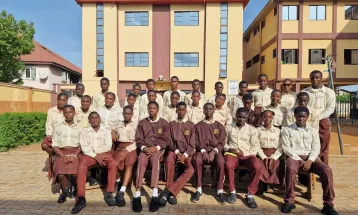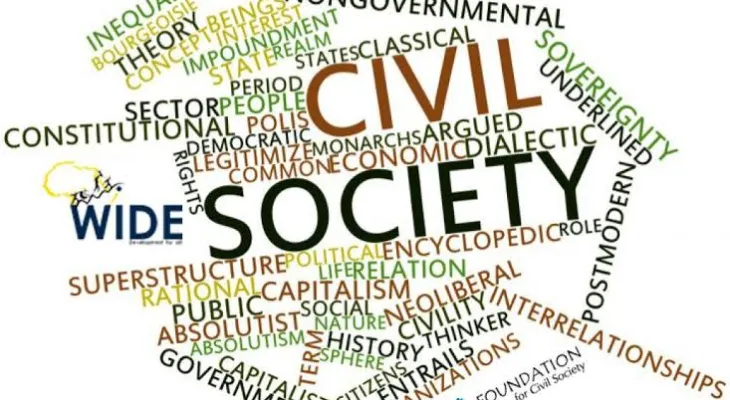
Civil Society Organizations Voice Concerns Over Toll Gate Fee Increment Approved by Parliament
On the 29th of April, 200 Civil Society Organizations (CSOs) convened a press conference at Siaka Stevens Street to express their strong opposition to the recent Parliamentary approval of an increment in toll gate fees. The decision, made by the Sixth Parliament of Sierra Leone, has sparked widespread concern among citizens and advocacy groups, prompting calls for a reassessment of the toll tariff adjustments.
The approval came following a session marked by relatively uncontroversial debate, during which members of parliament unanimously agreed to revise the toll tariffs for the Wellington-Massiaka Toll Road. This 62-kilometer dual-carriage road, constructed in 2016 through a concession agreement between the Government of Sierra Leone and the China Railway Seventh Group (CRSG), has a projected lifespan of 27 years.
While the decision to revise toll tariffs was met with initial acceptance, citizens and CSOs have since condemned the move, citing several key concerns. One major point of contention is the perceived lack of transparency and accountability in the decision-making process. CSOs argue that the parliamentary committee tasked with reviewing the concession agreement focused solely on Clause 10.4, neglecting other critical aspects such as Article 16(1)(2)(3), which mandates independent annual financial audits and transparency measures. This selective approach, according to CSOs, undermines public trust and fails to address the broader implications of the toll fee increment.
Furthermore, CSOs highlight the potential negative impact of the toll fee increment on citizens, particularly in terms of increased transportation costs and commodity prices. They argue that the decision fails to consider the socioeconomic repercussions for ordinary Sierra Leoneans, especially those in rural areas who rely heavily on transportation networks for their livelihoods.
CSOs also raise concerns about the segmentation of toll rates, particularly for heavy-duty vehicles, which they view as unjust and inequitable. They argue that such measures disproportionately burden consumers and fail to address the root causes of transportation challenges.
Moreover, CSOs question the validity of the data used to justify the toll fee increment, alleging that it lacks transparency and independence. They call for greater scrutiny of the data collection process and urge the involvement of independent bodies to ensure accuracy and impartiality.
Another contentious issue raised by CSOs is the alleged obstruction of alternative routes by the CRSG, which they view as a violation of the concession agreement and a threat to national security. They criticize the committee's failure to hold the CRSG accountable for these actions and demand a more proactive approach to addressing such concerns.
In conclusion, CSOs urge the new Speaker of Parliament to reconsider the toll fee increment and prioritize the interests of the citizenry. They call for greater transparency, accountability, and public consultation in decision-making processes related to infrastructure projects and concession agreements. As the debate continues, CSOs remain committed to advocating for the rights and welfare of all Sierra Leoneans.

